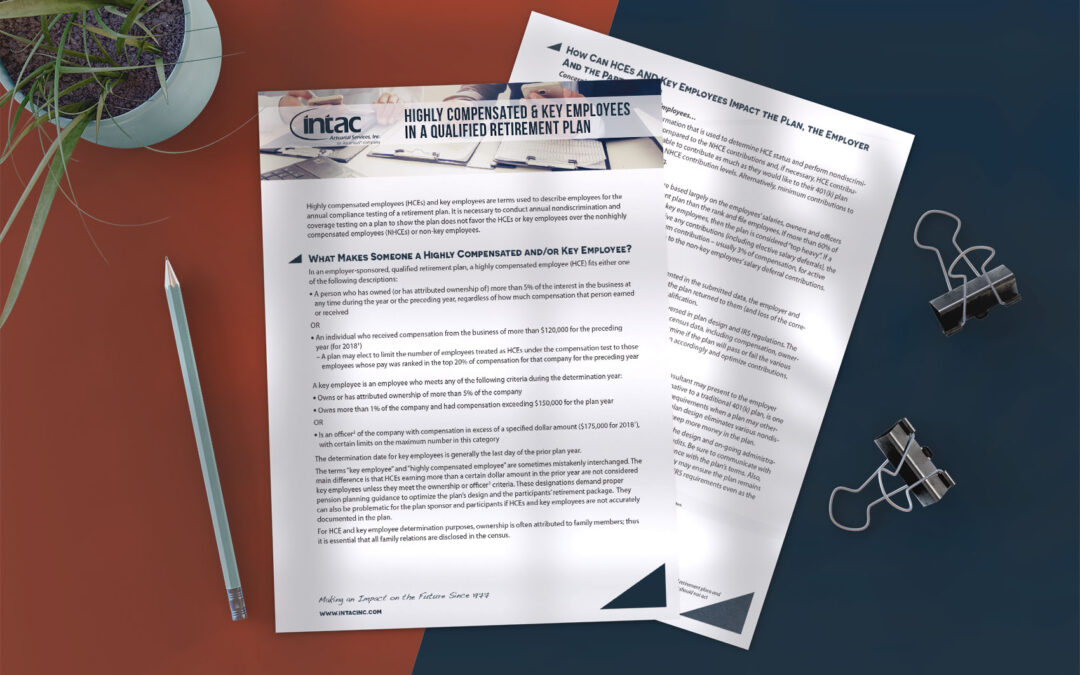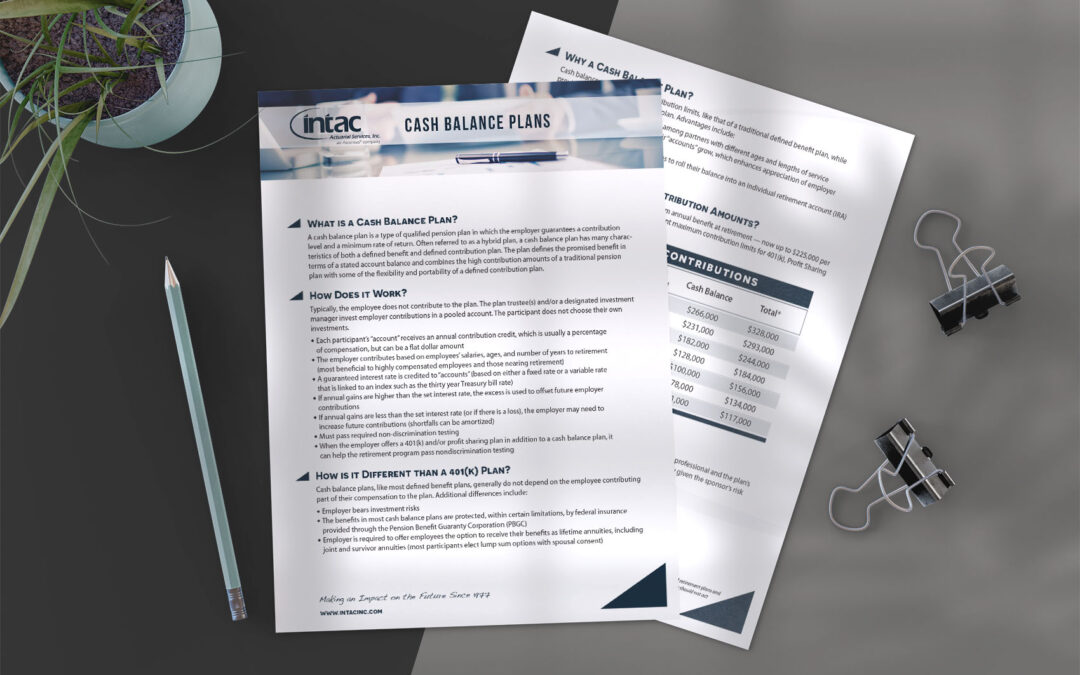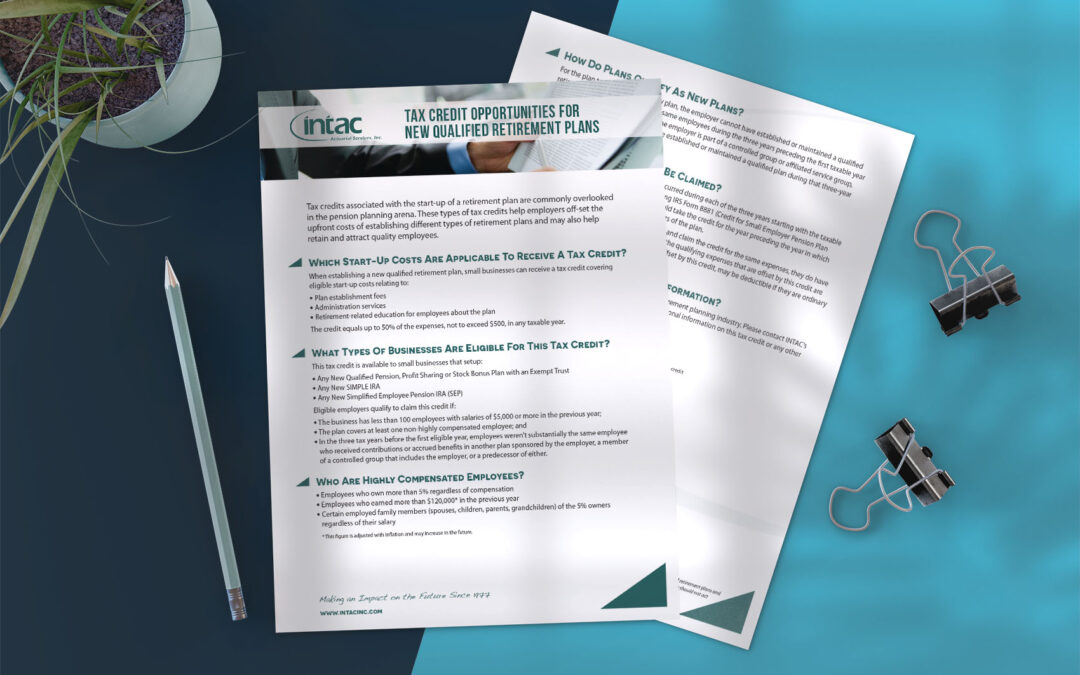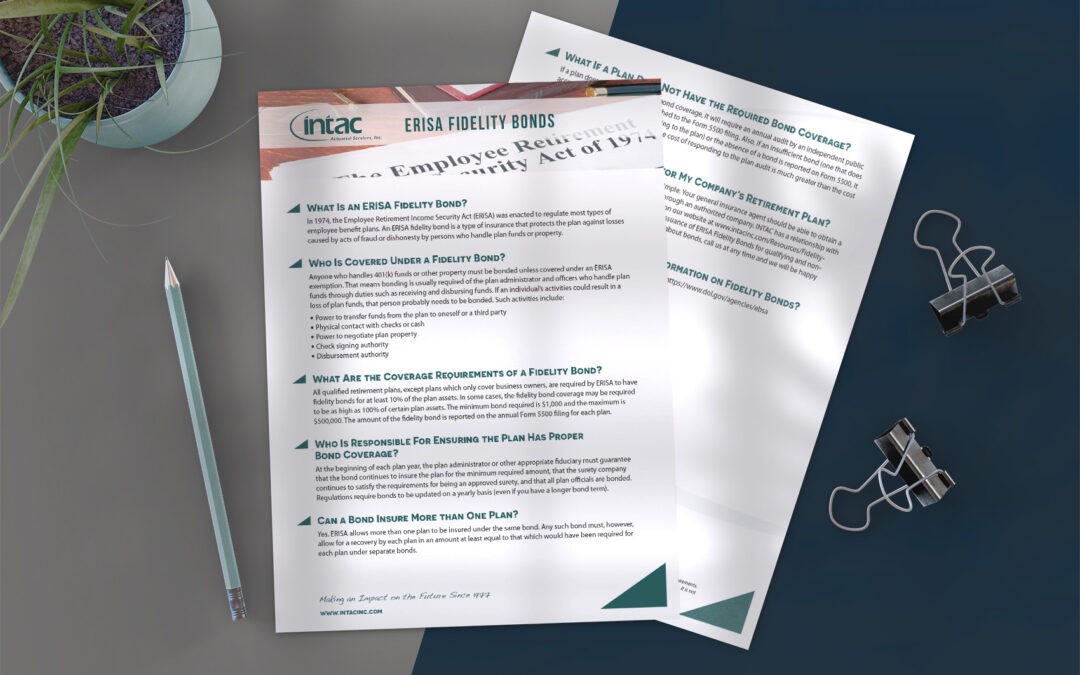Highly compensated employees (HCEs) and key employees are terms used to describe employees for the annual compliance testing of a retirement plan. It is necessary to conduct annual nondiscrimination and coverage testing on a plan to show the plan does not favor the...





